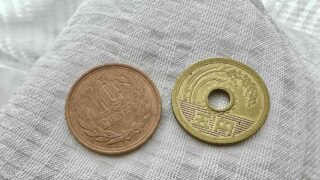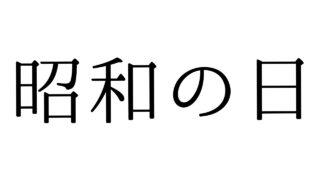Understanding a Weak Yen
A weak yen refers to a decline in the value of the Japanese yen compared to other currencies. In other words, more Japanese yen can be bought with the same amount of foreign currency. For example, if the exchange rate moves from 100 yen per dollar to 110 yen per dollar, the yen has weakened.
Industries Benefiting from a Weak Yen
A weak yen primarily benefits export-oriented companies. As the yen weakens, Japanese products become more affordable for foreign buyers, boosting the competitiveness of exports. Industries such as automotive, electronics, and machinery may see improved performance due to a weaker yen.
Additionally, the inbound tourism industry benefits from a weak yen. As travel expenses in Japan become more affordable for foreign visitors, the number of tourists visiting Japan is expected to increase.
Industries Adversely Affected by a Weak Yen
On the other hand, a weak yen negatively impacts import-reliant companies. Businesses that depend on imported raw materials or products face higher procurement costs. Industries such as food, retail, and petroleum may experience profit squeezes due to a weaker yen.
Furthermore, a weak yen is detrimental to those who enjoy overseas travel. As the yen weakens, travelers can purchase less foreign currency with the same amount of Japanese yen, making international trips more expensive.
Impact on the General Population
For the majority of the population, a weak yen translates to an increase in the cost of living. As the prices of imported goods rise, the prices of food, clothing, and daily necessities may increase. Additionally, fuel prices, such as gasoline and kerosene, may also rise, putting pressure on household budgets.
A weak yen directly affects consumers’ purchasing power when buying goods. For example, when purchasing an iPhone, a weaker yen means that consumers can only afford a more expensive iPhone with the same amount of Japanese yen. Other products affected by a weak yen include imported cars, foreign brand clothing, and imported ingredients, limiting consumer choices.
Balancing the Pros and Cons of a Weak Yen
While a weak yen benefits export-oriented companies, it has drawbacks for import-reliant businesses and general consumers. The government and the Bank of Japan must consider the balance between the advantages and disadvantages of a weak yen when implementing appropriate economic policies.
An excessively weak yen may significantly burden the lives of citizens. Rising import prices can strain corporate performance and negatively impact employment and wages. While a moderately weak yen can stimulate the economy, an overly weak yen can become a source of economic instability.
Conclusion
A weak yen benefits export-oriented companies while disadvantaging import-reliant businesses and the majority of the population. Purchasing power declines, and the cost of living increases. The prices of products like iPhones, imported cars, and foreign brand goods are directly affected by a weaker yen. The government and the Bank of Japan are expected to implement appropriate economic policies while considering the balance between the pros and cons of a weak yen. As consumers, we need to understand the impact of a weak yen and make informed consumption decisions.





















